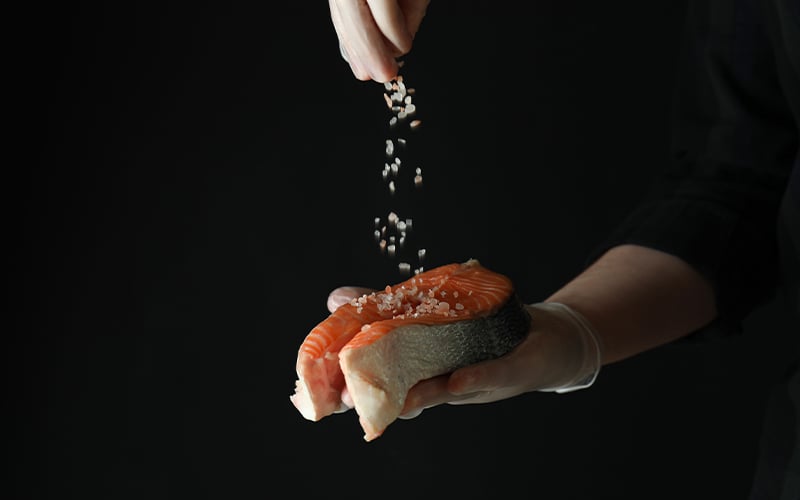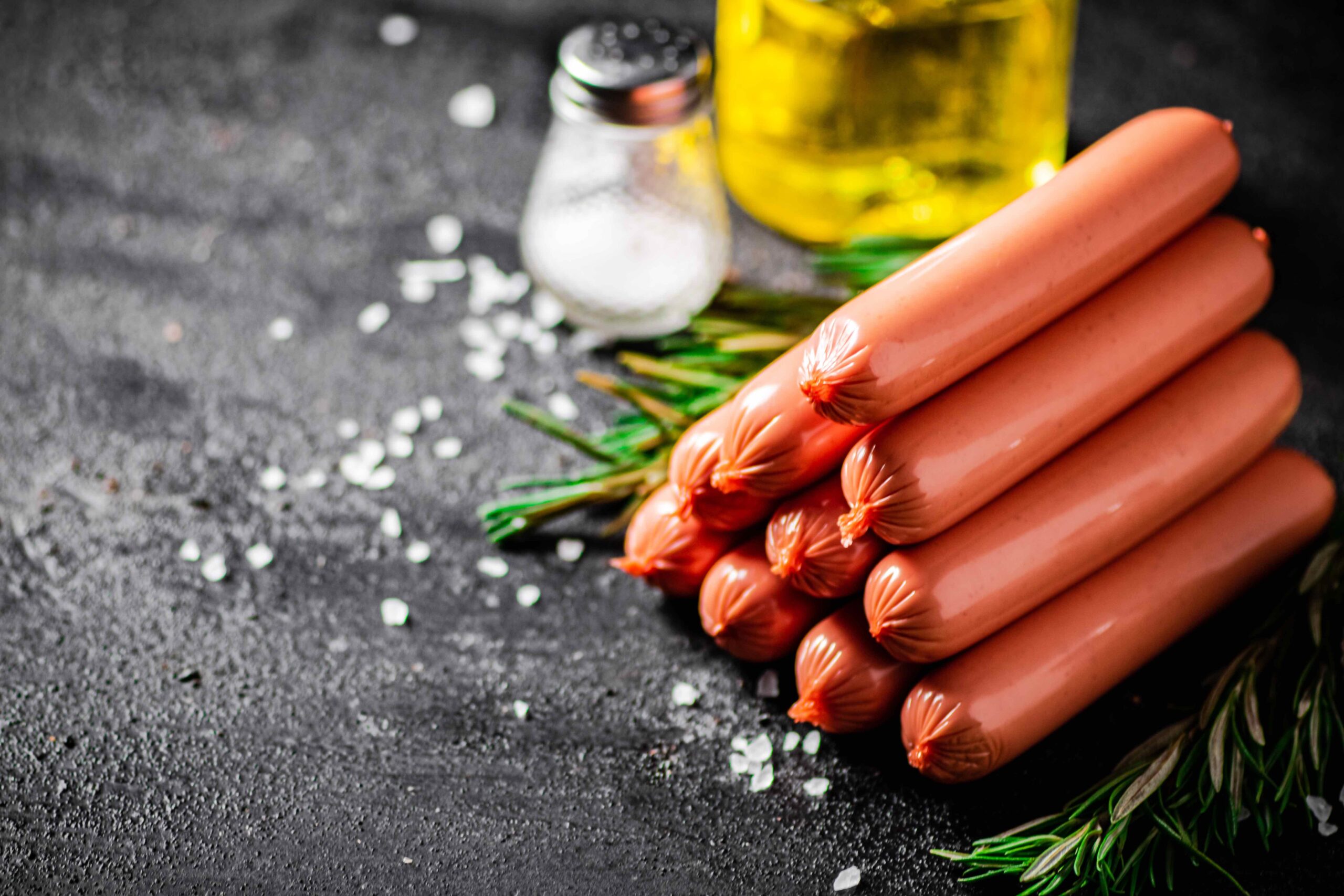
PETALING JAYA: In the realm of Malaysian cuisine, staple ingredients like ikan bilis, shrimp paste, and soy sauce, reign as flavour heroes, all sharing a common main ingredient – salt!
Malaysians have developed an unwavering fondness for the savoury charm of salt. However, this passionate love affair comes at a price.
Recent studies reveal that the average Malaysian surpasses the recommended limits for salt intake set by the World Health Organisation (WHO), posing significant risks to their health and well-being.
Dr Chia Yook Chin, who heads the Malaysian Society for World Action on Salt, Sugar, and Health (MyWASSH), said four out of five Malaysians consumed a staggering 7.9 grams of salt daily, which surpasses the recommended limit of under five grams.
While you may be tempted to dismiss the significance of a mere two to three grams of additional salt in one’s diet, Chia said that it was the consistent, excessive intake of salt day after day, that laid the groundwork for hypertension to quietly creep into their lives.
“The leading cause of death worldwide, which is also the case in Malaysia, is what we call non-communicable diseases (NCDs),” Chia told FMT.

In 2013, WHO outlined a comprehensive framework of nine vital goals to combat NCDs – hypertension, heart attack, stroke and diabetes – with reducing salt consumption emerging as a key priority.
“The goal is to reduce the global salt intake by about 30% by 2025, which is just two years away,” Chia said.
In a nation that cherishes its culinary heritage, the idea of reducing salt consumption may not sit well with devoted foodies as it is a belief that salt enhances taste. However, Chia debunks this common misconception.
“People always say that if we don’t have salty food, it’s not tasty. That’s not true at all,” she affirmed.
In fact, Chia emphasised that the rich array of spices and herbs found abundantly in the country was enough to infuse dishes with flavour, eliminating the need for excessive salt.

MyWASSH also encourages gradual changes in dietary habits, so taste buds can adapt over time. “It takes just two weeks for our taste buds to adapt to a lower salt intake, and in one month, you won’t even notice the difference,” Chia said.
While salt is undoubtedly a critical nutrient that supports essential bodily functions, such as nerve and muscle activity, as well as fluid balance, Chia highlights the potential perils of excessive salt consumption.
“When the kidneys bear the burden of eliminating excess salt, they can be overwhelmed,” cautions Chia. “Meanwhile, the inner lining of blood vessels may endure damage, heightening the risk of blood clot formation.”
It is due to such alarming consequences that Chia advocates that proactive measures be taken to curb salt consumption.
To assist individuals on how to reduce salt intake, MyWASSH provides practical tips and suggestions.

One such recommendation is to cook meals at home using fresh ingredients. “Processed foods, whether it be sausages, cheese or even sauces often contain higher levels of sodium.”
Acknowledging that many traditional local dishes incorporate ingredients naturally rich in salt, Chia advised against completely eliminating these foods from one’s diet.
“It would be silly to suddenly stop eating the foods that you love and are used to. What you can do instead is simply reduce how often you consume such highly salted foods.”
Chia also stressed the importance of reading food labels and choosing products with lower salt content.
MyWASSH also actively engages with policymakers to advocate for mandatory front-of-pack labelling and stricter regulations on salt content in manufactured food products.

“For example, even at our university canteen, we’re going to reduce the amount of salt used in the cooking,” she said.
Addressing the challenge of controlling salt in meals consumed outside the home, Chia encouraged individuals to make requests.
She explained: “Even when dining at a hawker stall where your noodles are being fried, you can kindly ask the vendor to reduce the amount of salt.”
While vendors may initially react sceptically, she believed that if more people voiced their preferences, hawkers would eventually cater to customer demands.
“A significant proportion, around one in three adults in Malaysia, has high blood pressure. So, odds are that reducing salt intake can effectively lower their blood pressure.
“To me, reducing salt is the most affordable preventive measure I can think of. Unlike other health conditions where you need medication and face potential side effects, lowering salt intake brings tremendous benefits without any additional burdens,” Chia said.
Chia acknowledges that while progress is being made, Malaysians must actively work towards gradually reducing their salt consumption. - FMT



No comments:
Post a Comment
Note: Only a member of this blog may post a comment.